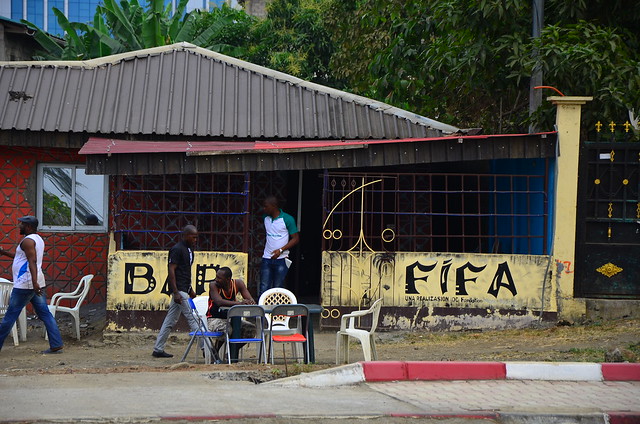
Equatorial Guinea is a small nation on the west coast of Africa. While Equatorial Guinea is one of Africa’s largest oil producers it also faces many challenges associated with living conditions. Living conditions are poor, due to problems ranging from corrupt politics to low education rates. These 10 facts about living conditions in Equatorial Guinea shed light on the major issues the country faces.
10 Facts about Living Conditions in Equatorial Guinea
- The same president since 1979: Teodoro Obiang Nguema Mbasogo has been in power for over 37 years and is currently the worlds longest running non-Royal head of state. Opposition to his office has cited the governments use of intimidation and irregular procedures to remain in power. When his son Teodorin was accused of laundering money by the French government, Mbasogo appointed Teodorin as Vice President and accused the French of violating draconian government laws. Some rights organizations have accused Mbasogo and his predecessors as some of the worst abusers of human rights in Africa.
- Highest per capita growth rate in Africa, one of the lowest Human Development Indexes: Equatorial Guinea makes most of its income through oil and is one of the highest oil producers in Sub- Saharan Africa. However, it ranks 141 out of 188 countries in the Human Development Index, its HDI currently is 0.591. The country’s per capita gross national income was $21,056 in 2014, giving Equatorial Guinea the biggest difference between per capita wealth and human development score in the world.
- Few basic services and malnutrition: In 2011 it was found that about half of Equatorial Guinea’s population had access to clean water. Twenty-Six percent of children suffered from malnutrition, and their growth was considered stunted. The country also has some of the lowest vaccinations in the world, with 25 percent of children unvaccinated.
- Low Education rates: Equatorial Guinea has some of the lowest education rates in the world, and even those in school do not remain for long. According to UNICEF, as of 2016, A staggering 42 percent of children do not attend primary school, making the country’s rates the seventh lowest in the world. To compound the issue, only half of the students in these primary schools finish or graduate.
- Agricultural Economy: Even though Equatorial Guinea makes most of its revenue through Petroleum, 71 percent of the population is agricultural. Some are subsistence farmers, who clear land by burning away other plant life in order to grow the crops that sustain them. Cocoa still remains a significant export, as it has been since before the country became an independent country in 1968.
- Large Youth Population: About 60 percent of the population of Equatorial Guinea is under the age of 25. Because of the pervasiveness of the oil-industry, job creation in other sectors of the economy is very limited. Many young people are having trouble entering the market as they do not have the skills needed because of the low education rates in the country.
- Roads and Infrastructure: In the early 2000s, less than a sixth of the roads in the country were paved. In some islands like Bioko, the systems are of a higher standard. Using tar as pavement, the city can better accommodate traffic. The country also does not benefit from a single railway or track. In the 1980s, multiple ports were modernized to accommodate the country’s increasing commerce.
- No Private Media: One of the most pressing of the 10 facts about living conditions in Equatorial Guinea is that all media outlets there are closely controlled by the government. There are no privately owned or independent papers or websites. As such, it is impossible to criticize the president or the security forces in the country. This, of course, makes it hard for word of Equatorial Guinea’s issues to reach other countries. However, it has been found the internet is being used for people to speak out against the government. The country had about 181,000 internet users out of its 1.2 million population.
- Plans to move forward: The World Bank’s presence in Equatorial Guinea has helped it move forward. The country’s economic plan, Horizon 2020, which will develop the country’s economic, national, and social standing, is being partly overseen by The World Bank. The Bank is providing technical services to strengthen the government’s public investment management systems. The first phase of Equatorial Guinea’s improvement plan was completed in 2012 and dubbed a success by the World Bank.
- No longer a “Least Developed Country”: In June of 2017, Guinea graduated from its status as an LDC or Least Developed country. Its national income is growing rapidly, and in recent years the infant mortality rate of the country has fallen by 43 percent.
Overall, there is hope on the horizon for Equatorial Guinea. Despite years of problems and issues, many which still remain, the country has seen improvement from many of its sectors. Most importantly, the country is now getting attention from multiple aid groups, who are doing what they can to improve conditions there. With support and attention, perhaps the worse of these 10 facts about living conditions in Equatorial Guinea can be nothing but history.
– Owen Zinkweg
Photo: Flickr
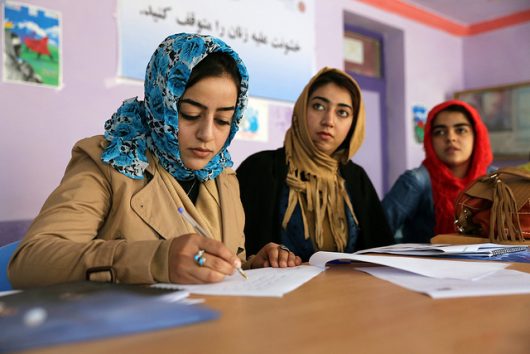
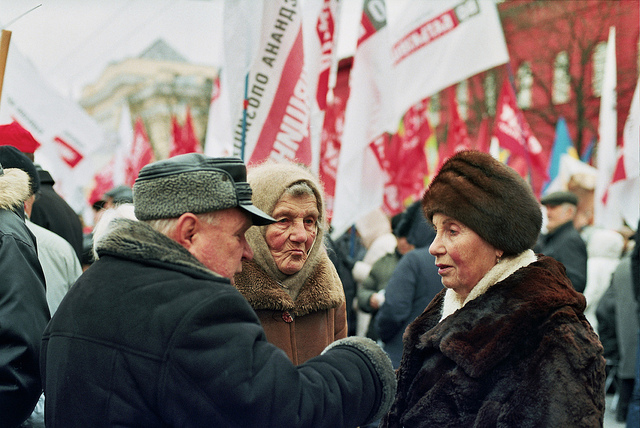 In November 2013, student protests in Ukraine turned into a f
In November 2013, student protests in Ukraine turned into a f
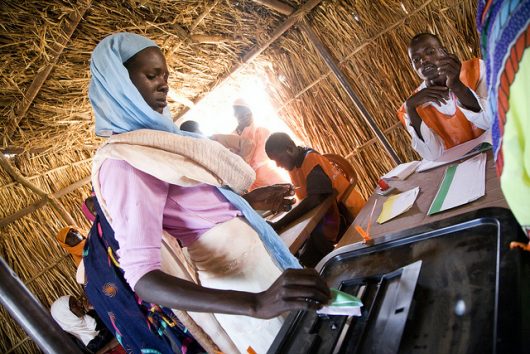
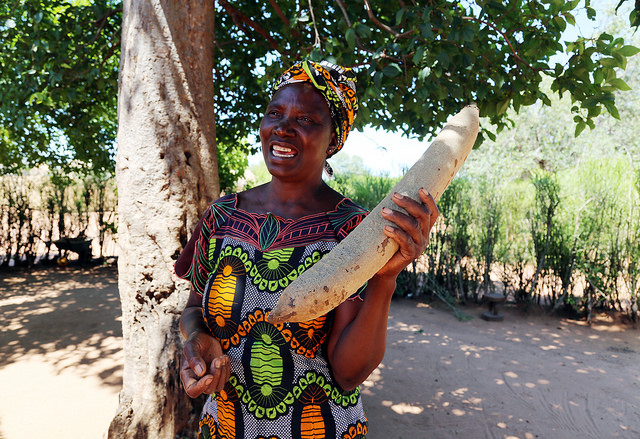
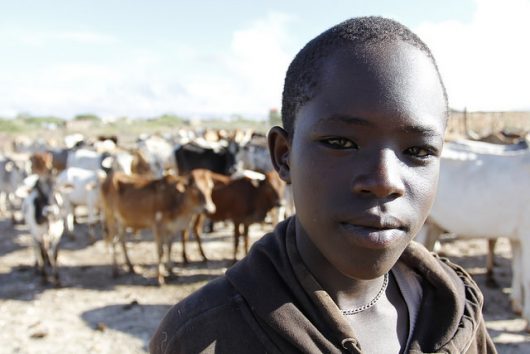

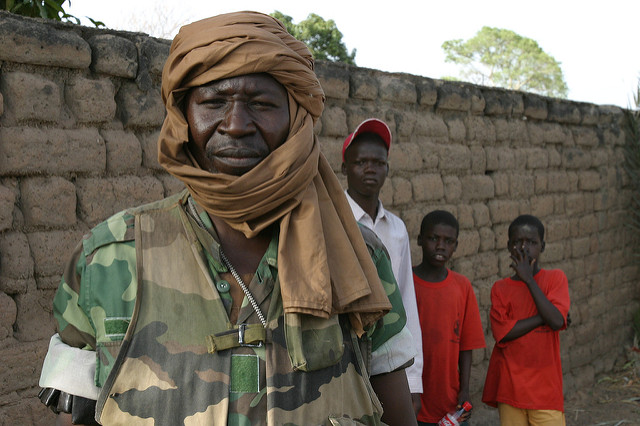 Sustainable Development Goals or SDGs in developing countries have been viewed as ambitious. However, more efforts have been invested in the continuous realization of these development goals by
Sustainable Development Goals or SDGs in developing countries have been viewed as ambitious. However, more efforts have been invested in the continuous realization of these development goals by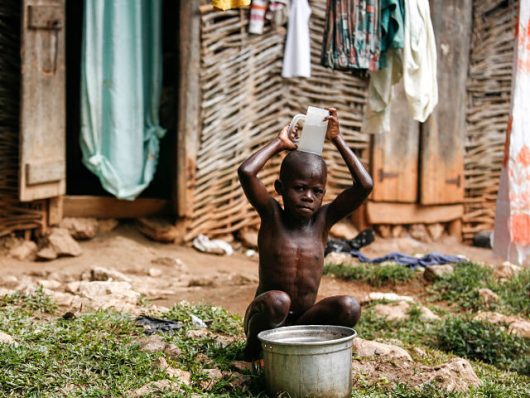 Not all poverty is created equal. Poverty in a developed country is not the same as poverty in a developing nation. Here are 5 things the U.S. needs to know about extreme poverty.
Not all poverty is created equal. Poverty in a developed country is not the same as poverty in a developing nation. Here are 5 things the U.S. needs to know about extreme poverty.
